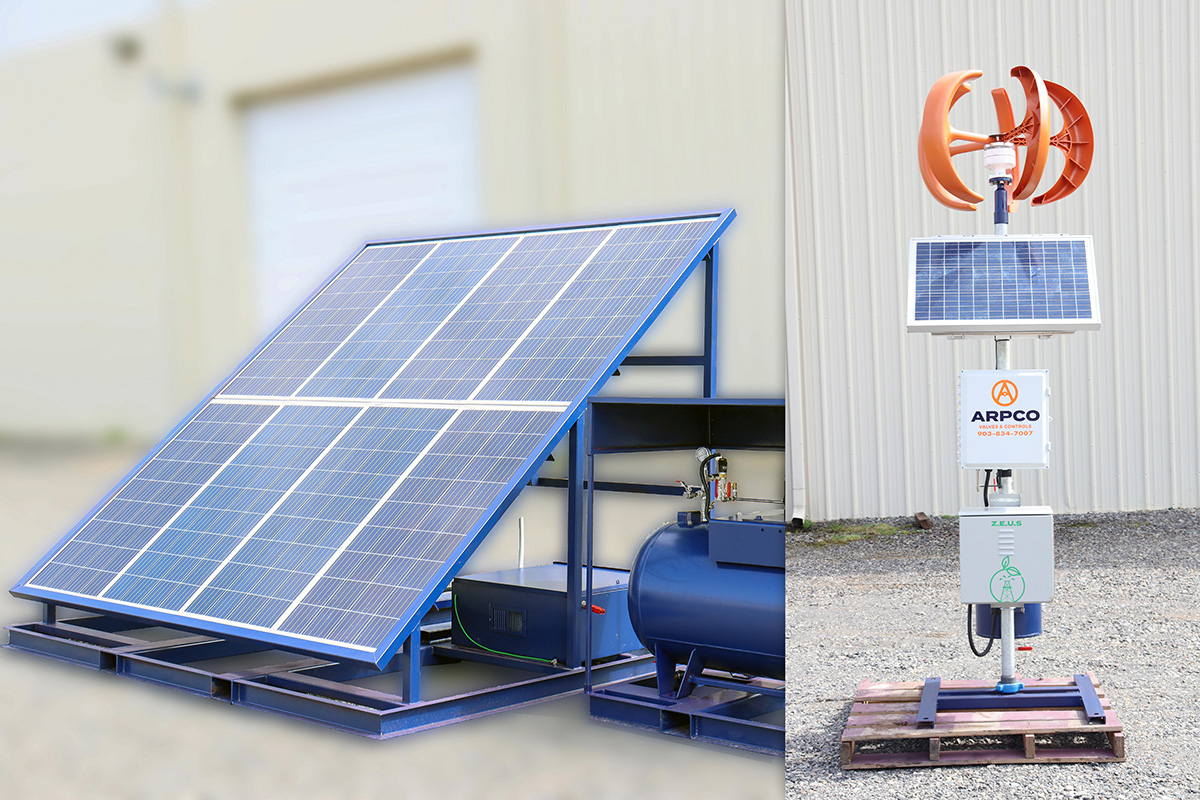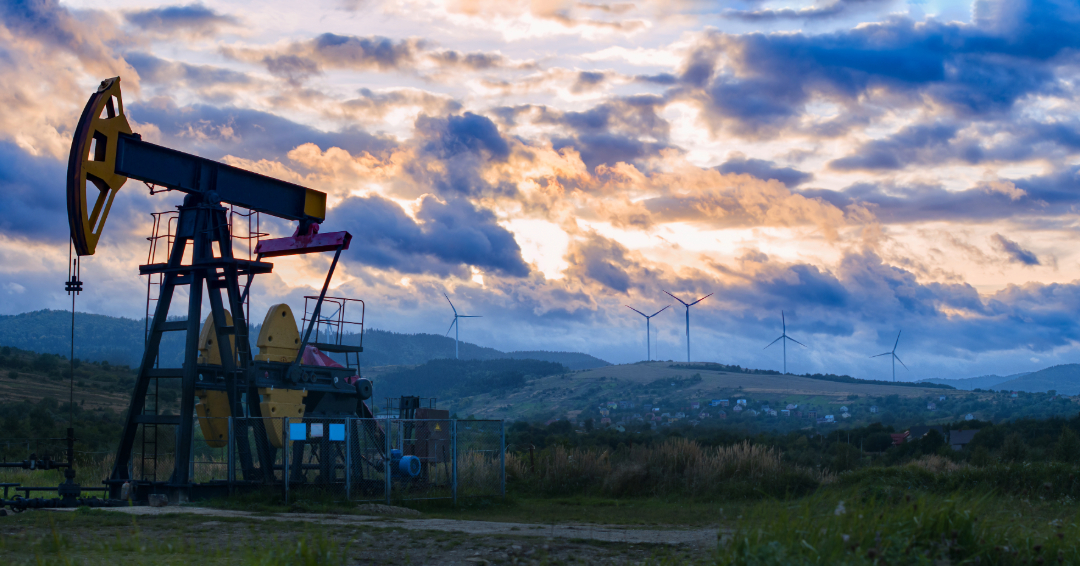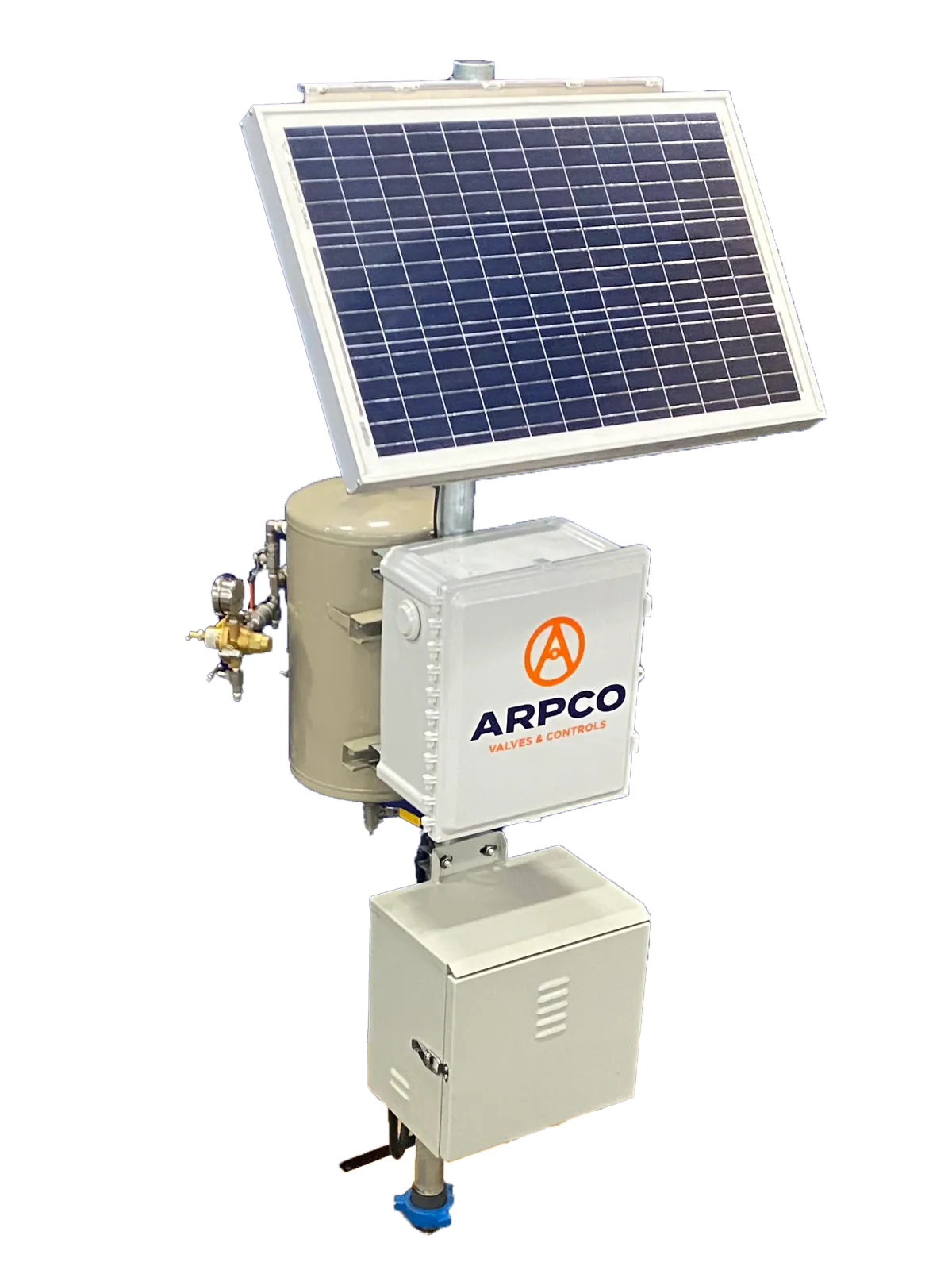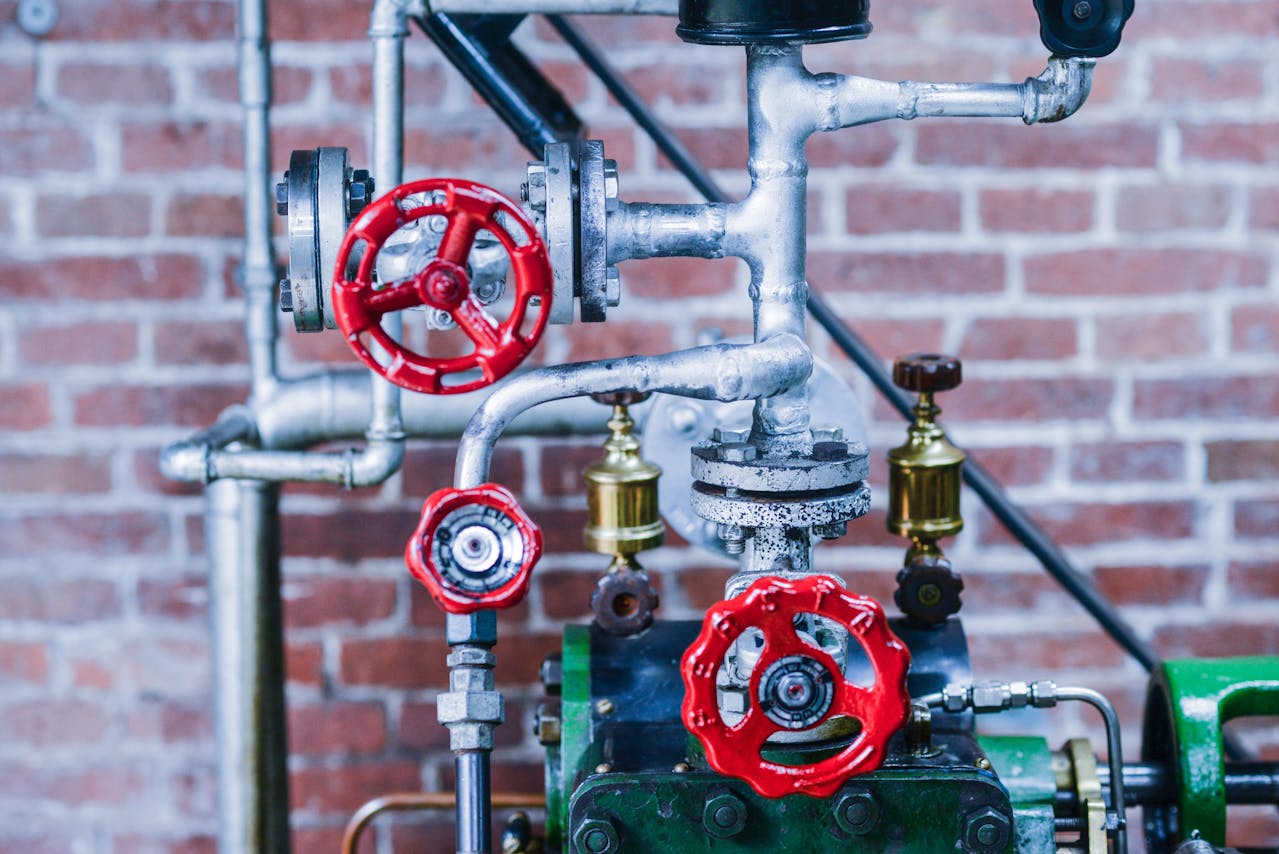
In an era where climate change and environmental degradation are at the forefront of global concerns, the importance of reducing our carbon footprint and striving for zero emissions cannot be overstated. As a leader in the valve and control industry, Arpco Valves & Controls is committed to playing a pivotal role in this journey towards sustainability. This blog explores the multifaceted approach to achieving environmental consciousness and the critical role businesses and individuals play in this endeavor.
Understanding the Carbon Footprint
Defining the Carbon Footprint
The carbon footprint refers to the total amount of greenhouse gases, primarily carbon dioxide, emitted directly or indirectly by an individual, organization, event, or product. It’s a measure of the impact our activities have on the environment in terms of the amount of greenhouse gases produced.
The Global Impact of Carbon Emissions
Carbon emissions are a major contributor to global warming and climate change. The increasing concentration of greenhouse gases in the Earth’s atmosphere traps heat, leading to a rise in global temperatures, extreme weather events, and significant ecological and health impacts.
The Role of Industries in Carbon Emissions
Industries, including manufacturing, transportation, and energy production, are significant contributors to global carbon emissions. The valve and control industry, being integral to these sectors, has a responsibility to minimize its carbon footprint through innovative technologies and sustainable practices.
The Urgency of Reducing Carbon Emissions
Climate Change: A Call to Action
The effects of climate change, such as rising sea levels, severe weather events, and biodiversity loss, underscore the urgent need to reduce carbon emissions. It’s a global challenge that requires immediate and sustained action.
The Health Implications of High Carbon Footprint
Increased carbon emissions are linked to health issues like respiratory diseases due to poor air quality and heat-related illnesses. Reducing emissions can lead to significant health benefits.
Economic Impacts of Climate Change
Climate change also poses economic risks, including damage to infrastructure, increased insurance costs, and disrupted supply chains. Transitioning to a low-carbon economy can mitigate these risks and open up new economic opportunities.
Zero Emissions: A Goal for the Future
What Does Zero Emissions Mean?
Zero emissions refer to the complete elimination of greenhouse gases produced by human activities. It’s an ambitious goal that involves transitioning to renewable energy sources, enhancing energy efficiency, and adopting sustainable practices.
The Feasibility of Achieving Zero Emissions
While challenging, achieving zero emissions is possible with technological advancements, policy support, and collective action. It requires a paradigm shift in how we produce and consume energy.
Case Studies: Success Stories in Zero Emissions
Several companies and countries have made significant strides towards zero emissions, demonstrating that with commitment and innovation, this goal is achievable. These success stories provide valuable lessons and inspiration for others.
The Role of Technology in Reducing Emissions
Innovations in Clean Energy
Advancements in renewable energy technologies, such as solar, wind, and hydroelectric power, are key to reducing emissions. Energy storage and smart grid technologies also play a crucial role.
Arpco’s Technological Contributions to Sustainability
Arpco is committed to incorporating sustainable technologies in our products and operations. We are constantly innovating to make our valves and controls more energy-efficient and environmentally friendly.
The Future of Green Technology
The future of reducing emissions lies in continuous technological innovation, including the development of carbon capture and storage technologies, green hydrogen, and more efficient renewable energy systems.
Environmental Consciousness in Business
Corporate Responsibility in the Environmental Era
Businesses have a responsibility to operate sustainably and minimize their environmental impact. This involves adopting green practices, reducing waste, and considering the environmental implications of business decisions.
Arpco’s Commitment to Environmental Consciousness
At Arpco, environmental consciousness is at the core of our business philosophy. We are dedicated to sustainable practices in our manufacturing processes, supply chain management, and product design.
Sustainable Practices in the Valve Industry
The valve industry can contribute to sustainability by designing products that last longer, require less maintenance, and are made from recyclable materials. Energy-efficient designs and reducing waste in production are also key.
The Power of Individual Actions
Everyday Actions to Reduce Carbon Footprint
Individuals can contribute to reducing the carbon footprint by conserving energy, using public transportation, recycling, and supporting sustainable products and companies.
The Impact of Collective Effort
When individuals come together to take action, the collective impact can be significant. Community initiatives, consumer choices, and advocacy can drive change at a larger scale.
Educating for a Sustainable Future
Education plays a crucial role in fostering environmental consciousness. By raising awareness about the impacts of climate change and the importance of sustainability, we can inspire action and cultivate a culture of environmental stewardship.
Policy and Regulation: Guiding Sustainable Practices
The Role of Government in Environmental Protection
Governments can facilitate the transition to a low-carbon economy through policies, regulations, and incentives that promote renewable energy, energy efficiency, and sustainable practices.
International Agreements and Climate Action
International agreements like the Paris Agreement play a crucial role in setting global targets for reducing emissions and fostering international cooperation in climate action.
Incentivizing Green Practices in Industry
Policies that incentivize green practices, such as tax credits for renewable energy or penalties for high emissions, can encourage industries to adopt more sustainable practices.
Challenges and Solutions in Achieving Sustainability
Overcoming Barriers to Green Practices
Challenges to achieving sustainability include technological limitations, economic constraints, and resistance to change. Overcoming these barriers requires innovation, investment, and a willingness to adopt new practices.
Collaborative Efforts for a Sustainable Future
Sustainability is a shared responsibility that requires collaboration among businesses, governments, NGOs, and individuals. Partnerships and joint initiatives can amplify efforts and drive significant progress.
Arpco’s Initiatives in Overcoming Challenges
Arpco is actively engaged in overcoming sustainability challenges through research and development, partnerships, and continuous improvement of our practices and products.
The Economic Benefits of Sustainability
Profitability and Sustainability: A Dual Approach
Sustainable practices can lead to cost savings, improved efficiency, and enhanced brand reputation, contributing to long-term profitability.
Green Investments: Long-Term Gains
Investing in green technologies and sustainable practices can yield long-term financial benefits, including reduced operating costs and access to new markets.
The Global Movement Towards Sustainability
International Efforts in Reducing Emissions
Countries around the world are taking steps to reduce emissions, with many committing to ambitious targets and implementing policies to support these goals.
The Role of NGOs and Activism
Non-governmental organizations and activists play a critical role in raising awareness, advocating for policy change, and holding businesses and governments accountable.
Global Trends in Environmental Consciousness
There is a growing global movement towards environmental consciousness, with consumers increasingly favoring sustainable products and companies, and businesses recognizing the importance of sustainability.
Arpco’s Vision for a Greener Future
Our Sustainable Practices and Policies
Arpco is committed to continuous improvement in our sustainable practices and policies, ensuring that we contribute positively to the environment and society.
Partnering for a Sustainable World
We seek to partner with other organizations, customers, and suppliers who share our commitment to sustainability, working together to create a more sustainable future.
The Ongoing Journey of Environmental Stewardship
Our journey towards environmental stewardship is ongoing. We are constantly exploring new ways to reduce our impact and contribute to a sustainable future.
A Call to Action for Sustainability
The Imperative of Immediate Action
The need for action on sustainability is urgent. We must all take steps, both big and small, to reduce our impact and protect our planet.
The Legacy of Environmental Stewardship
By committing to sustainability, we can leave a positive legacy for future generations, ensuring a healthier, more sustainable world.
Joining Hands for a Sustainable Tomorrow
We invite you to join us in this crucial mission. Together, we can make a difference in the fight against climate change and the pursuit of a sustainable future.
The journey towards reducing our carbon footprint and achieving zero emissions is not just an environmental imperative but a collective responsibility. Arpco Valves & Controls is at the forefront of this movement, integrating sustainable practices into our operations and advocating for a greener, more sustainable future. We invite you to join us in this crucial mission, for the health of our planet and the well-being of future generations. Together, we can make a difference.





